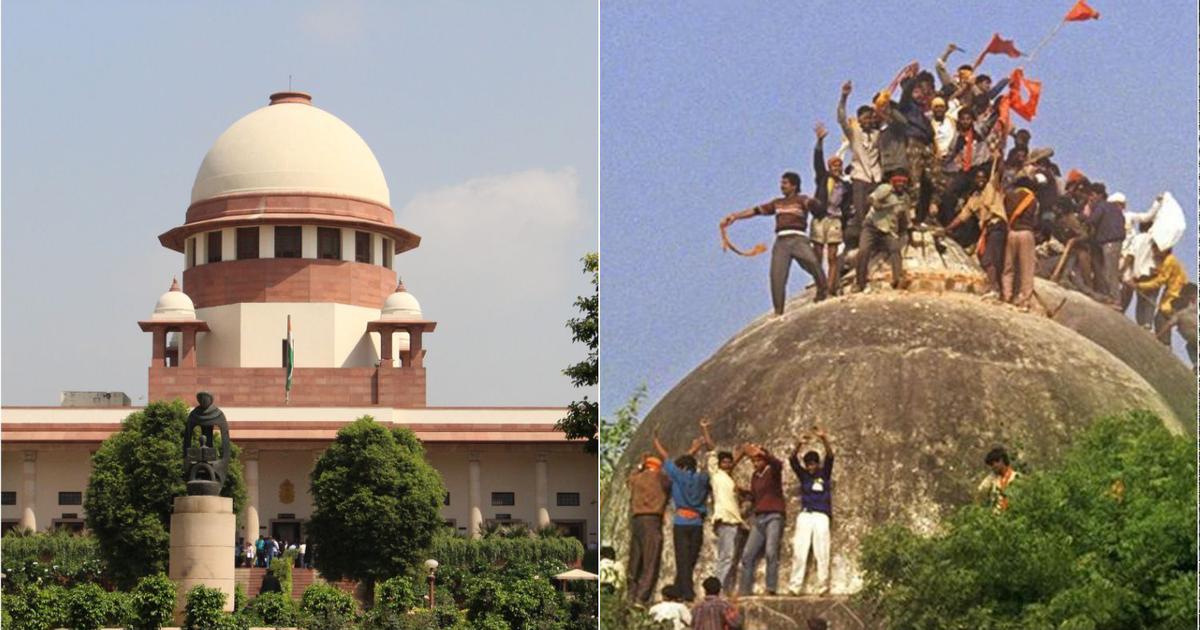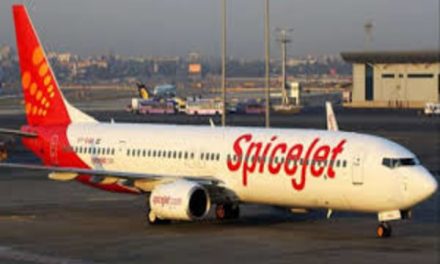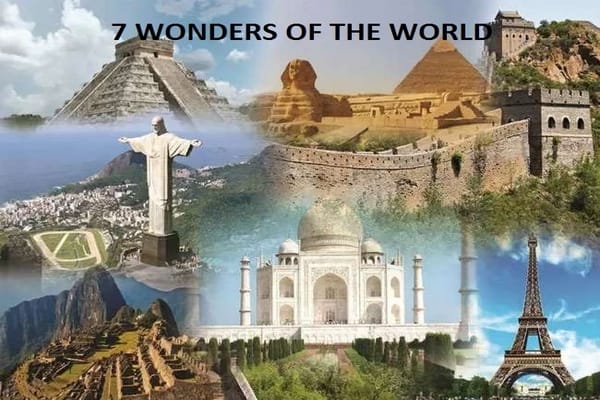The Supreme Court asked all the petitioners in the Ayodhya land dispute case to “try and conclude” arguments on Wednesday, following which the verdict may be announced soon.
The daily marathon hearings in the historic Ram Janmbhoomi-Babri Masjid land dispute case in Ayodhya are likely to come to an end on Wednesday after a period of 40 days. The same was indicated by Chief Justice of India Ranjan Gogoi yesterday.
The court is expected to finally give its verdict in the decades-old Ayodhya land dispute title suit soon and has ordered both Hindu and Muslim parties to wrap up their final arguments in the case by today. On Tuesday, the Supreme Court asked all the petitioners in the Ayodhya land dispute case to “try and conclude” arguments on Wednesday, following which the verdict may be announced soon.
Appearing before the Ayodhya bench led by CJI Ranjan Gogoi yesterday, senior advocate K Parasaran, representing the Hindu side, said Muslims could pray in several mosques around Ayodhya, but made it clear that the birthplace of Lord Ram cannot be shifted.

Parasaran stated that there are over 50 mosques in Ayodhya but there is only one birthplace of Lord Ram and it cannot be shifted or changed.
The Hindu petitioners also said that the Muslim parties are showing desperation and went on to accuse Mughal emperor Babur of committing injustice by building a mosque at the birthplace of Lord Ram in Ayodhya.
Gogoi said that senior advocate CS Vaidyanathan appearing for the Hindu parties including Nirmohi Akhara, Ram janmabhoomi Jeernoddhar Samiti, Hindu Mahasabha, and others would be given an additional 45 minutes, following which senior advocate Rajeev Dhavan, representing the Muslim parties will be given an hour to present final arguments before the possible verdict.
The court has also asked both the Hindu and Muslim parties in the case to point out possible legal steps that could be taken by the court in case it fails to decide the verdict legally on the ownership of the land.
On Wednesday, the parties are expected to debate on possible alternate reliefs that could be provided to them if their main claim to the entire disputed property is rejected by the court.
The main parties to the case – Nirmohi Akhara, Ram Lala and Sunni Waqf Board — are tight-lipped about the ‘alternate reliefs,’ the interveners and interested parties, who represent the “interests of the Worshippers” are more open about the relief they are likely to argue for.
Meanwhile, the Hindu Mahasabha is likely to request the court to set up an authority/Board to construct and manage the Ram Mandir, as they do not have a legal claim on the disputed site itself.
The Mahasabha, as a representative of the Hindu interests, had originally moved the top court as “friend of the deity”, asking for the land to be handed over to the Ram Janmabhoomi Nyaas for construction of the Temple. Other Hindu petitioners may also seek similar relief.
On the other hand, the Muslim petitioners have indicated that while their main claim is for the restoration of the Babri Mosque and title to the entire disputed property, they would “consider what is being offered by the Hindu Side” before clarifying the alternate remedy.
The Nirmohi Akara, which has been staking claim to the property as the manager of “the bait” of the old temple, is also likely to raise an argument that it should be allowed to retain the right to manage the temple and perform rituals at the site of Lord Ram’s birthplace. In a nutshell, the Hindu petitioners in the case expect the court to correct a “historic wrong” and claim that the area is sacred. They also reiterated that Muslims can build a mosque anywhere but the birthplace of Lord Ram cannot be changed.
On the other hand, the Muslim petitioners in the case have been arguing that the Babri Masjid existed for over 400 years before being demolished in 1992.
They also added that there is no archaeological evidence that shows old ruins or proof of temple and added that there is also no evidence to prove the exact birthplace of Lord Ram. The day-to-day proceedings in the case started on August 6 after mediation proceedings failed to find any viable solution to the decades-old dispute.
All eyes will be on the five-judge Constitution bench of the Supreme Court headed by CJI Gogoi as the dramatic hearing in the case is likely to end today.











